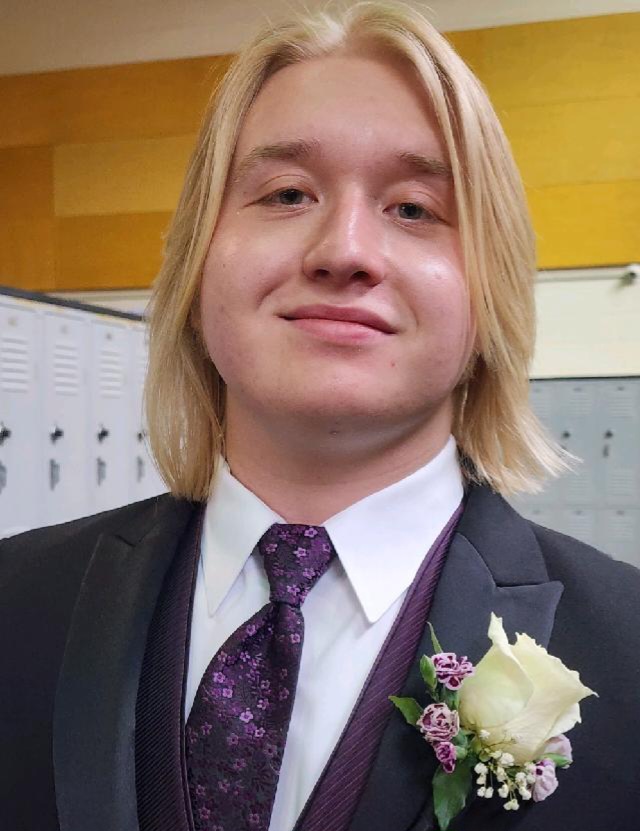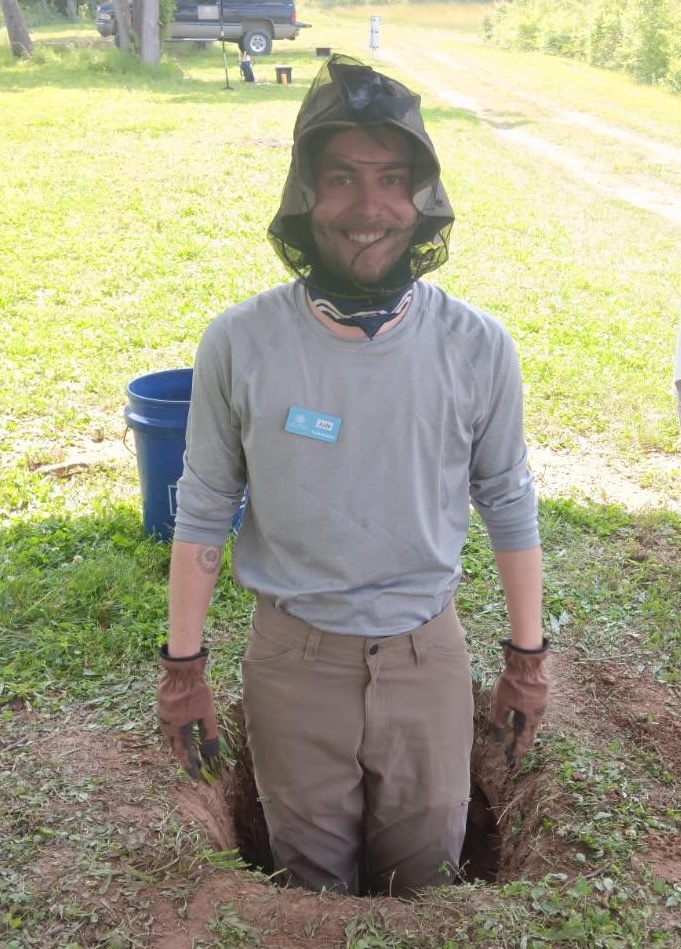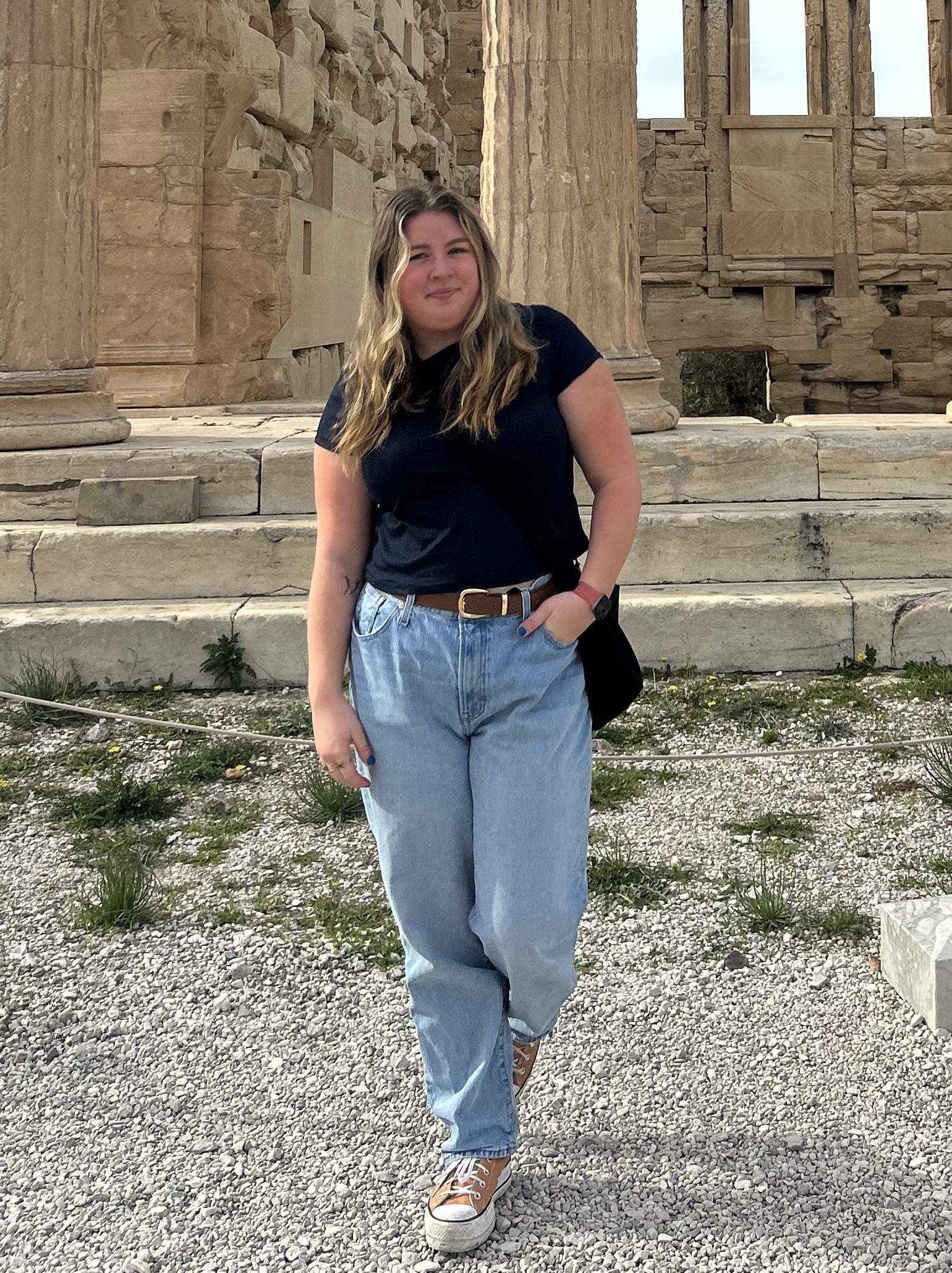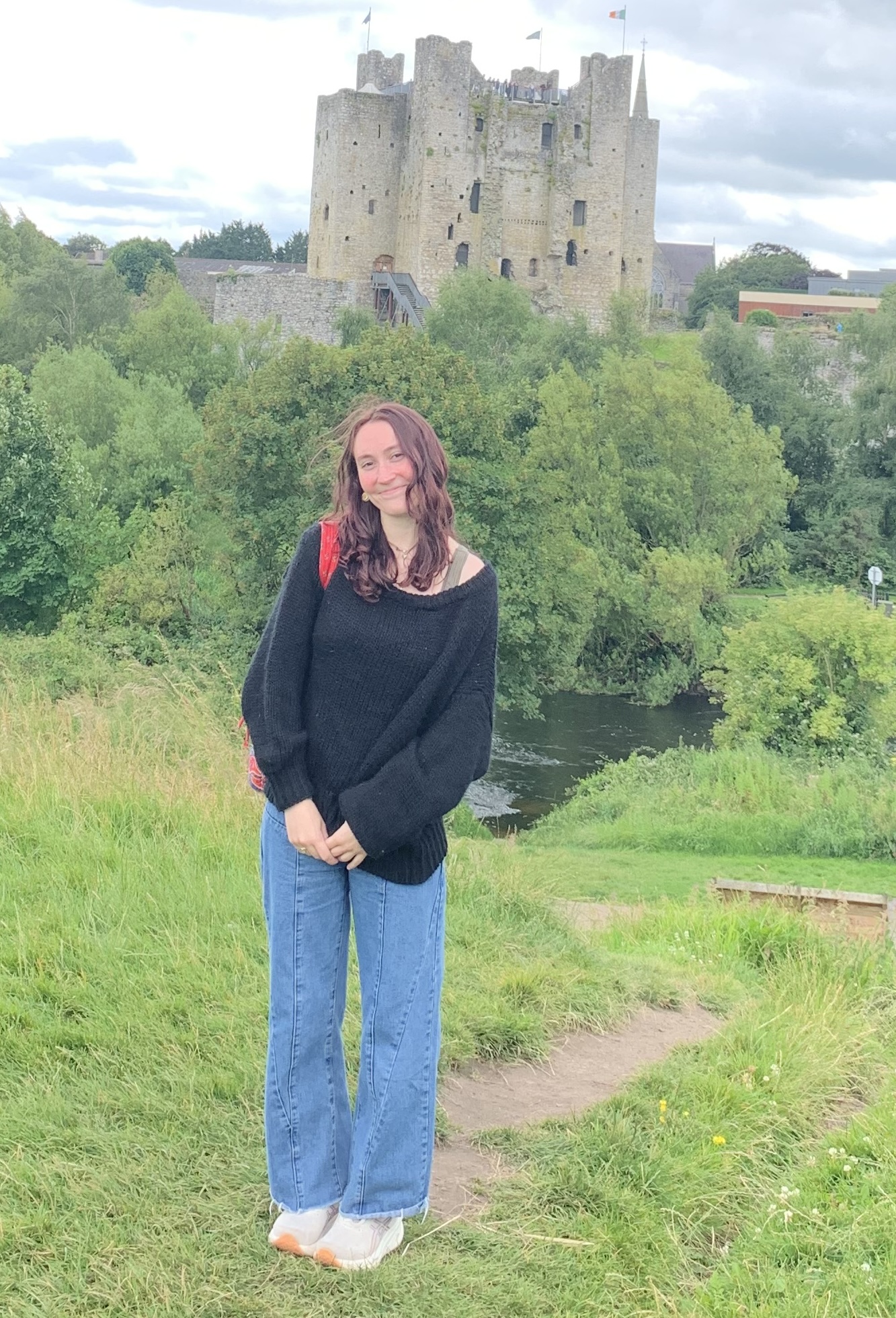Ancient Mediterranean Cultures and Archaeology Lab
ACMA Lab Directors

Lynne A. Kvapil, known by her students as Dr. K, is an archaeologist specializing in ancient Greece and Aegean Prehistory. Her research focuses on the Mycenaean Greeks, particularly farming, warfare, the manufacture of ceramics, and labor organization and management. As an active field archaeologist, Dr. K travels to Greece every summer, where she is the Assistant Director of the Nemea Center of Archaeology Excavations at the Mycenaean cemetery at Aidonia and the Petsas House Excavations at Mycenae. Dr. K has been awarded research funds from the National Endowment for the Humanities and the Mediterranean Archaeological Trust to support her ongoing research on the Mycenaean Greeks, and she has been a part of a successful grant-writing team that has been awarded funding from the Archaeological Institute of America and the Loeb Foundation to support the excavations at Aidonia.
At Butler University, Dr. K teaches in all aspects of the ancient Mediterranean world, but most often she teaches about Ancient Greece, including Ancient Greek language courses, Ancient Greek Art and Myth, Ancient Greek Perspectives. She also teaches upper level courses in Ancient Greek and Roman Art and Architecture and Women in Antiquity. Dr. K is also a co-director of the Ancient Mediterranean Archaeology and Classics (AMCA) lab, which won a 2015 Butler University Innovation Grant and which aims to help put the material culture of the ancient world into the modern classroom.

Biography
Dr. Bungard hails from the Buckeye State, having earned a BA from Denison University in Granville, Ohio before moving westwards down I-70 to Ohio State University where he earned both an MA and a PhD. He has continued his travel westwards down I-70, landing here at Butler University, where he has taught since 2008.
Areas of Research
Dr. Bungard’s research looks broadly at humor and theatre from the ancient world. He has published on laughter in the Homeric Hymn to Hermes as well as several articles in English and Italian on the role of clever slaves in the comedies of the 2nd century BCE playwright Plautus. He is also interested in the ways that ancient theatre continues to speak to the modern world whether in the classroom or the enduring themes of Medea’s story, connecting her experience with music in the modern world.
Dr. Bungard has also turned his hand to translating various plays of Plautus. His translation of Truculentus has been performed by an all-female cast at Butler as well as an international cast in Toronto.
Dr. Bungard’s interest in humor stems from humor’s ability to encourage us to think about gaps in a world that we may think is perfectly whole. Humor exposes our values and prejudices, and it allows us to find alternatives when discussions founder along the lines of beliefs that may seem ‘natural’ and ‘normal’.
Teaching Assignments
Dr. Bungard teaches intermediate and advanced Latin courses on authors as broad ranging as Caesar, Vergil, Seneca, and Plautus. He also teaches upper level courses in translation on Ancient Drama, Ancient Law, and Epic Poetry. A grant from the National Endowment for the Humanities, led him to teach a First Year Seminar entitled "Why Is It Funny?".
In addition, Dr. Bungard regularly takes students to Rome and the Bay of Naples for summer study courses on Roman literature, exploring the intersections of texts and physical sites. As part of this course, students develop short digital stories imagining what it would have been like to live near Mt. Vesuvius on the fateful day of the eruption in 79 CE.
Meet Our Interns
The Ancient Mediterranean Cultures and Archaeology Lab interns, working alongside co-directors Dr. Kvapil and Dr. Bungard, have many different roles to advance AMCA goals and outreach initiatives. Outlined below are the AMCA Lab’s current interns!








